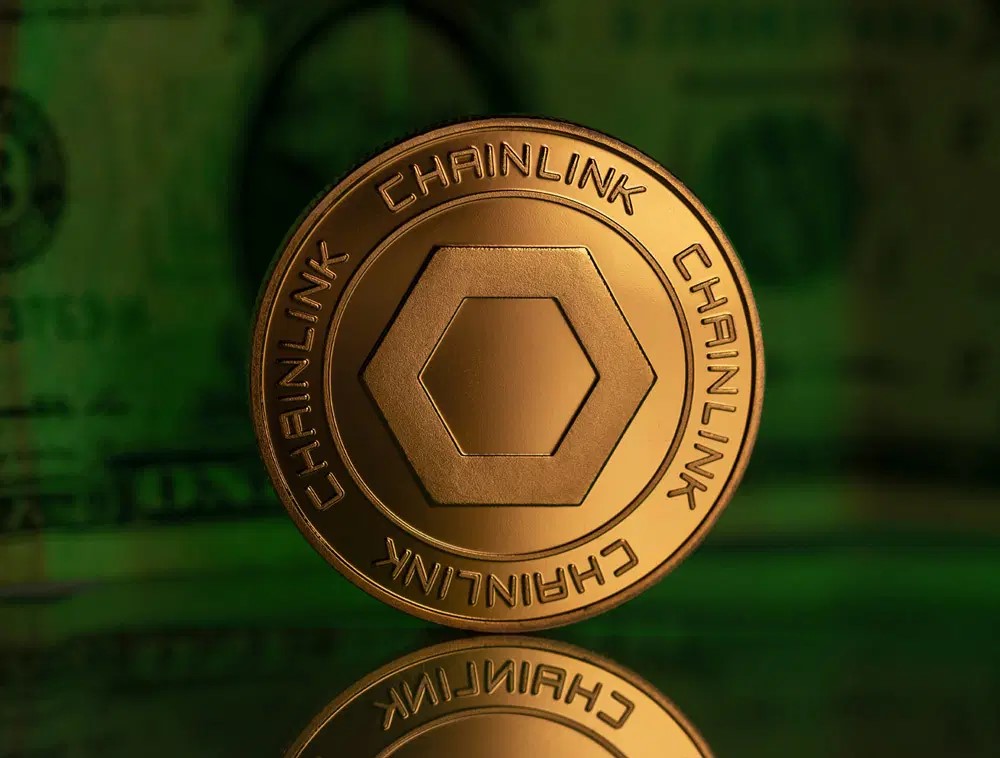Ripple has partnered with decentralized oracle network Chainlink to strengthen the functionality of its stablecoin Ripple USD (RLUSD) in decentralized finance (DeFi) ecosystems.
The alliance will integrate Chainlink’s price feeds for RLUSD on Ethereum and XRP Ledger to offer profitable transactions for a variety of DeFi use cases.
RLUSD, pegged 1:1 to the US dollar, will benefit from accurate and tamper-proof data provided by Chainlink’s decentralized nodes, reducing the risk of manipulation and downtime. This integration is expected to provide high-quality, real-time market data to ensure the stability of applications using RLUSD.
Colin Cunningham, head of tokenization and alliances at Chainlink Labs, called the partnership “a tremendous signal to the market” and hopes to support Ripple’s entry into the DeFi space.
This partnership aligns with Chainlink’s broader efforts to integrate with major projects. In December 2024, Chainlink partnered with Project Diamond, a digital asset platform founded by Coinbase, to provide data and lifecycle management for tokenized assets.
The stablecoin will be pegged 1:1 to the US dollar and backed by USD deposits, short-term Treasury bills and cash equivalents. Ripple plans to target institutional players, projecting a potential market capitalization of $2 trillion for RLUSD by 2028.
Ripple President Monica Long previously said RLUSD would complement the XRP token, which remains at the center of Ripple’s ongoing legal battle with the U.S. Securities and Exchange Commission.
Ripple has named exchanges Bitstamp, Bitso, Bullish, CoinMENA, Independent Reserve, MoonPay and Uphold as distribution partners for RLUSD. Crypto trading firms Keyrock and B2C2 will serve as market makers for the stablecoin. Additionally, Ripple added former FDIC Chair Sheila Bair and former Center CEO David Puth to its advisory board to support the stablecoin’s operations.
Stablecoins play an important role in the crypto economy, acting as a bridge between traditional fiat currencies and digital assets, and are becoming increasingly popular for cross-border payments, particularly in emerging markets.

